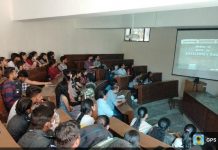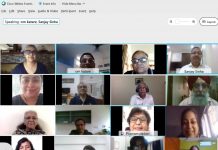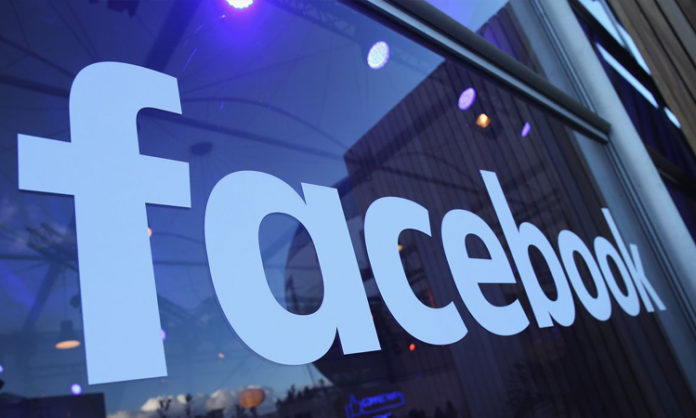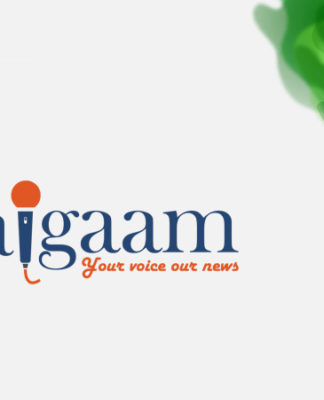After years of pressure to crack down on hate and bigotry, Facebook has banned Louis Farrakhan, Alex Jones and other extremists, saying they violated its ban on “dangerous individuals.”
The company also removed right-wing personalities Paul Nehlen, Milo Yiannopoulos, Paul Joseph Watson and Laura Loomer, along with Jones’ site, Infowars, which often posts conspiracy theories.
The latest bans apply to both Facebook’s main service and to Instagram and extend to fan pages and other related accounts.
Decried as censorship by several of those who got the ax, the move signals a renewed effort by the social media giant to remove people and groups promoting objectionable material such as hate, racism and anti-Semitism.
Removing some of the best-known figures of the US political extreme takes away an important virtual megaphone that Facebook has provided the likes of Jones, Yiannopoulos and others over the years.
But it does not address what might be done with lesser known figures and those who stay on the margins of what Facebook’s policies allow.
Critics praised the move but said there is more to be done on both Facebook and Instagram.
“We know that there are still white supremacists and other extremist figures who are actively using both platforms to spread their hatred and bigotry,” said Keegan Hankes, senior research analyst for the Southern Poverty Law Center, which tracks hate groups in the US.
Dipayan Ghosh, a former Facebook executive and an internet policy expert at Harvard, said the ban isn’t as big a step as Facebook appears to be painting it it’s just enforcing its existing policy.
“There will always be more purveyors of hate speech that try to come on these platforms,” he said.
“Will advocates have to push year after year just to get (a handful of) individuals off? At this rate it seems likely. And this doesn’t address the problem of what happens at the margins.”
Facebook has previously suspended Jones from its flagship service temporarily; this suspension is permanent and includes Instagram. Twitter has also banned Loomer, Jones and Yiannopoulos, though Farrakhan, the leader of the Nation of Islam long known for provocative comments widely considered anti-Semitic, still had an account Thursday.
So did Watson, who rose to popularity as editor-at-large at Infowars and has nearly a million followers on the site.
Facebook said the newly banned accounts violated its policy against dangerous individuals and organisations.
The company says it has always banned people or groups that proclaim a violent or hateful mission or are engaged in acts of hate or violence, regardless of political ideology.
It added that when it bans someone under this policy, the company also prohibits anyone else from praising or supporting them.
In this case, though, the company said people can speak positively about the six banned individuals as long as what they’re saying otherwise complies with Facebook policies.
For years, social media companies have been under pressure from civil rights groups and other activists to clamp down on hate speech on their services.
Following the deadly white nationalist protests in Charlottesville, Virginia, in 2017, Google, Facebook and PayPal began banishing extremist groups and individuals who identified as or supported white supremacists.
A year later, widespread bans of Jones and Infowars reflected a more aggressive enforcement of policies against hate speech.
But Facebook instituted only a 30-day suspension (though Twitter banned him permanently).
PTI/AP




































